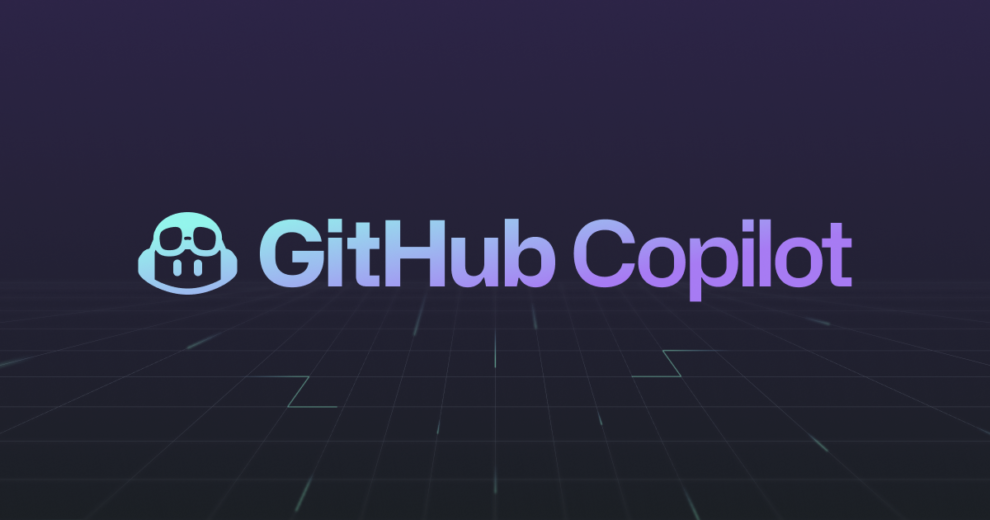In the rapidly evolving world of software development, AI coding assistants have emerged as game-changers, promising to boost productivity and streamline the coding process. Among these, GitHub Copilot has garnered significant attention, touted as a revolutionary tool that harnesses the power of AI to provide intelligent code suggestions and completions. But is it truly the best AI assistant in 2024? Let’s embark on a comprehensive exploration of its capabilities, limitations, and how it stacks up against the competition.
The Genesis of GitHub Copilot: A Collaborative Marvel
GitHub Copilot, launched in 2021, is the brainchild of a collaboration between GitHub and OpenAI. It leverages OpenAI’s Codex, a powerful language model trained on a massive dataset of publicly available code, to provide context-aware code suggestions and completions directly within your favorite code editor. Copilot’s ability to understand your code’s context and intent allows it to generate remarkably accurate and relevant suggestions, saving developers valuable time and effort.
The Power of Copilot: Unleashing Productivity and Creativity
Copilot’s prowess lies in its ability to augment your coding workflow in several ways:
- Intelligent Code Completions: Copilot anticipates your next move, offering code completions that range from single lines to entire functions, significantly speeding up the coding process.
- Context-Aware Suggestions: Copilot understands the context of your code, providing suggestions that align with your project’s structure and coding style.
- Boilerplate Code Generation: Copilot can generate repetitive or boilerplate code, freeing you to focus on more creative and complex tasks.
- Learning and Adapting: Copilot learns from your coding patterns and preferences, tailoring its suggestions to your unique style over time.
The Limitations of Copilot: A Reality Check
While Copilot offers undeniable benefits, it’s important to acknowledge its limitations:
- Potential for Inaccurate Suggestions: Copilot’s suggestions, while often accurate, can sometimes be incorrect or incomplete, requiring careful review and validation.
- Dependence on Training Data: Copilot’s performance is influenced by the quality and diversity of its training data. It might struggle with less common programming languages or niche domains.
- Privacy Concerns: Copilot’s access to your code raises privacy concerns, particularly for sensitive or proprietary projects.
- Cost: While Copilot offers a free trial, its subscription-based pricing model might be a barrier for some developers.
The Competition: A Thriving Landscape
GitHub Copilot is not the only player in the AI coding assistant arena. Several other promising tools are vying for developers’ attention:
- Tabnine: A popular AI code completion tool that offers similar features to Copilot, with a focus on speed and performance.
- Kite: Another AI-powered code completion tool that integrates with various code editors, providing intelligent suggestions and completions.
- CodeWhisperer: Amazon’s AI coding companion that offers real-time code suggestions and security scans.
- Second Mate: An experimental AI-powered pair programmer developed by Replit.
The Verdict: Is Copilot the Best?
While GitHub Copilot undoubtedly holds a prominent position in the AI coding assistant landscape, its “best” status is subjective and depends on individual needs and preferences. Copilot’s strengths lie in its powerful code completions, context-awareness, and ability to adapt to your coding style. However, its potential for inaccuracies, dependence on training data, privacy concerns, and cost are factors to consider.
If you’re looking for an AI assistant that can significantly boost your productivity, streamline your coding workflow, and spark your creativity, GitHub Copilot is certainly worth exploring. However, it’s wise to also consider other options like Tabnine, Kite, CodeWhisperer, and Second Mate, each with its own unique strengths and weaknesses.
My Personal Experience with Copilot: A Love-Hate Relationship
As a developer who has extensively used Copilot, I’ve experienced both its brilliance and its shortcomings. Copilot has undoubtedly saved me countless hours by providing accurate and relevant code suggestions, allowing me to focus on the bigger picture. However, I’ve also encountered instances where its suggestions were incorrect or incomplete, requiring careful review and correction.
Overall, I believe Copilot is a valuable tool that can significantly enhance the coding experience. However, it’s important to use it judiciously, recognizing its limitations and always validating its suggestions.
The Future of AI Coding Assistants: A Glimpse into Tomorrow
The field of AI coding assistants is rapidly evolving, and we can expect to see even more sophisticated and powerful tools in the near future. As AI models continue to improve and training datasets expand, we can anticipate AI assistants that are even more accurate, context-aware, and capable of handling complex coding tasks.
The future holds the promise of AI assistants that can not only generate code but also understand its intent, provide insightful explanations, and even identify potential bugs and security vulnerabilities. These advancements have the potential to revolutionize the way we develop software, making the coding process more efficient, collaborative, and accessible to developers of all skill levels.








